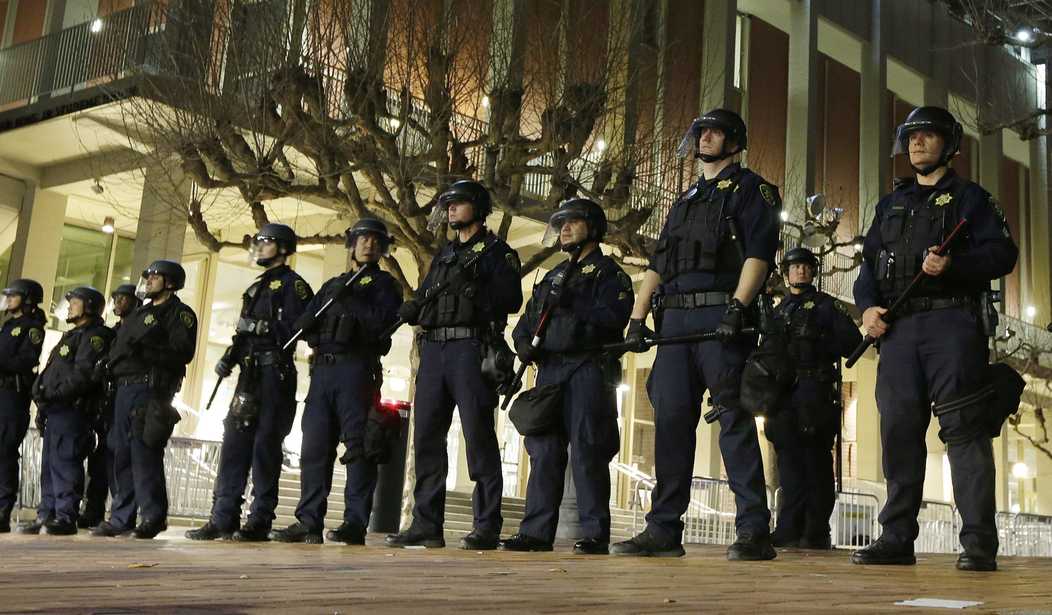I tend to be hard on the American college student these days. It’s not without cause, mind you. Considering the pure stupid we see on campus, there are not a lot of bright spots to applaud.
Then, from loony Harvard of all places, we get this gem that warrants some attention.
The Crimson’s editorial board, made of young adults in the same demographic as the rioters, came out against the violence at Berkeley and Middlebury:
In the wake of this incident, Princeton professor Robert P. George and Harvard professor Cornel West drafted a statement entitled “Truth Seeking, Democracy, and Freedom of Thought and Expression”. The document has accrued over 600 signatories — among them eleven Harvard professors. We support the sentiment of this constructive statement.
In particular, we too affirm that “cultivation and practice of the virtues of intellectual humility, openness of mind, and, above all, love of truth” — which are attained through an openness to opposing viewpoints and free speech — are the premise of a democratic society and a cornerstone to liberal institutions such as Harvard. These are virtues that were evidently lacking at Middlebury College.
Moreover, we believe that institutions of higher learning would do well to strive towards the ideal of discourse and open exchange put forth in this motion; most of all, they must prioritize the pursuit of truth and humility as the informing principles of free speech.
All too often, the issue of free speech on college campuses is couched as a butting of heads between students that want to invite potentially controversial speakers merely for the sake of provocation or to “test” that their campus can tolerate speakers with such viewpoints, and closed-minded protesters that seek to stymie free speech. This statement reminds all parties involved that the pursuit of truth is a collaborative one, and that groups with conflicting ideas should seek to understand rather than simply antagonize each other.
The board goes on to note that yes, protesting is a right that people should feel free to avail themselves of — but that it should be used with “utmost caution, and in a civil manner.”
Frankly, that’s all that needs to happen.
No one has to like people who disagree with them politically. However, they have a right to speak, just as the students do. The problem begins when someone uses their speech to overwhelm and silence someone else. And the civil society itself is in danger when initiating violence to prevent free speech becomes acceptable.
Perhaps this is a sign that even the wealthier, privileged segments of collegiate society are as sick of this mess as the rest of us.








Join the conversation as a VIP Member